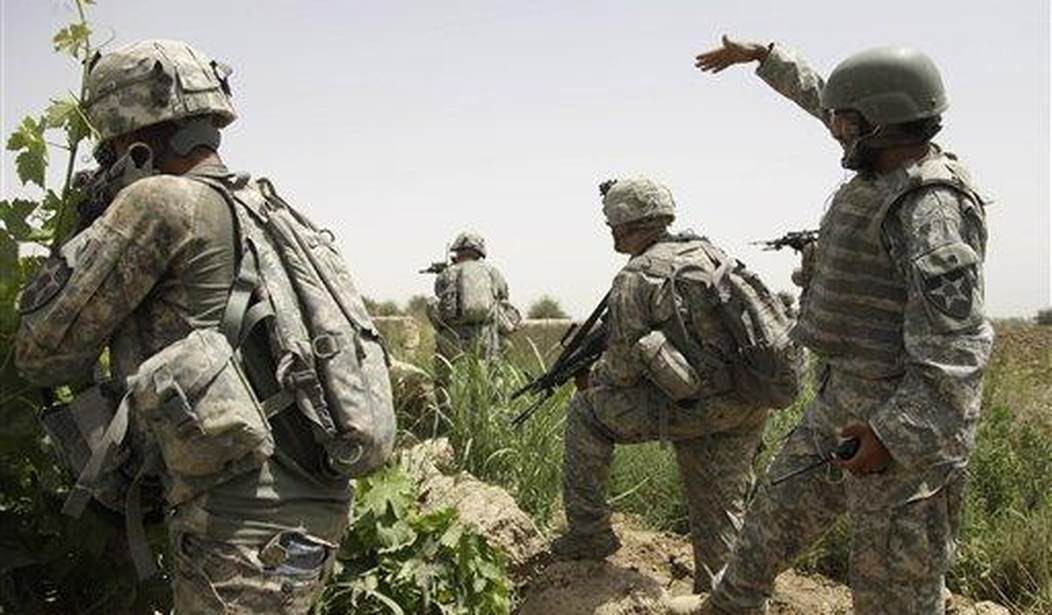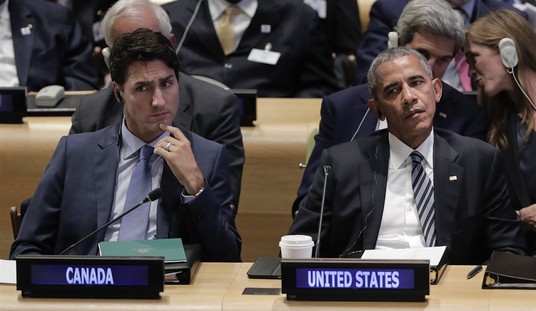Joe Biden made a commitment that all U.S. military forces would be out of Afghanistan by September 11. It was a commitment made against the advice of most of his top generals. And it gave precious little time to Afghan citizens who had been employed by the military, the state department, and private American contractors to flee the country of their birth because of threats by the Taliban of retaliation.
Several hundred Afghan interpreters employed by the military have been murdered by the Taliban over the last 20 years. The rest, along with their families, are at grave risk once the U.S. leaves and, as expected, the Taliban takes over.
And it’s not only interpreters. There were translators, drivers, cooks, cultural advisors, and staff for the U.S. military and other U.S. government agencies — all of whom would be killed if the Taliban found out who they had been working for.
The U.S. government has set up a totally inadequate visa program to bring the at-risk Afghans back to the U.S. Special immigrant visas (SIV) are given out to those who are threatened if they stay behind but that program has been hampered by a lack of personnel and no centralized database.
Time is running out. And while most of the 18,000 SIV applicants knew the risks when they took the job, that doesn’t lessen the responsibility of the U.S. government to assure their safety and well-being.
“Those of us who are here feel a deep moral obligation to do everything we can,” Ambassador Ross Wilson, the U.S. chargé d’affaires at the embassy in Kabul, tells NPR.
“We’re working with our colleagues in Washington to try to cut through those numbers as quickly as we possibly can to meet the obligation that we all feel here, and that our country has, absolutely, to people who served us over the course of our time here,” he says. “But it is an immigrant visa, and those take a certain amount of time in any country.”
The delays and denials have left many Afghans who worked with U.S. forces and agencies feeling betrayed. “It’s like deception,” says one man in Afghanistan who spoke with NPR on a Zoom call. He’s so fearful for his family’s safety, he does not want to use his name. “I feel I’ve been deceived by the U.S.”
In 2012, he began work with a contractor on a project with the U.S. Agency for International Development that supported local community development and governance. Now he’s receiving calls from insurgents threatening to kill him and kidnap his children.
To Biden, ticking off the “Get out of Afghanistan” box was more important than the lives of thousands of collaborators whose service was invaluable during the war. There was no reason to leave Afghanistan by September 11 except politics. His haste in leaving is likely to cost many lives.
The decision to leave impacts women more than any others.
Women who worked with the U.S. are at especially high risk of Taliban retribution. “While Afghans affiliated with the U.S. are broadly at risk from retaliation by the Taliban and other militias, women in particular face ongoing threats, not only for having worked with the U.S., but also for working in positions the Taliban find unsuitable for women,” explains Julie Kornfeld, a staff attorney at the International Refugee Assistance Project, a nonprofit that works to bring SIV applicants to the U.S. “The groups that are opposed to women’s rights are especially looking to punish women in these positions, and our female clients have reported that they will be hunted down and killed.”
An unsatisfactory solution will be to accept the Afghans as refugees rather than immigrants. Since the SIV process is bogged down in red tape, it’s likely that will be the outcome.
But it’s a moral failing on the part of the U.S. that will be a black mark in the history books.










Join the conversation as a VIP Member